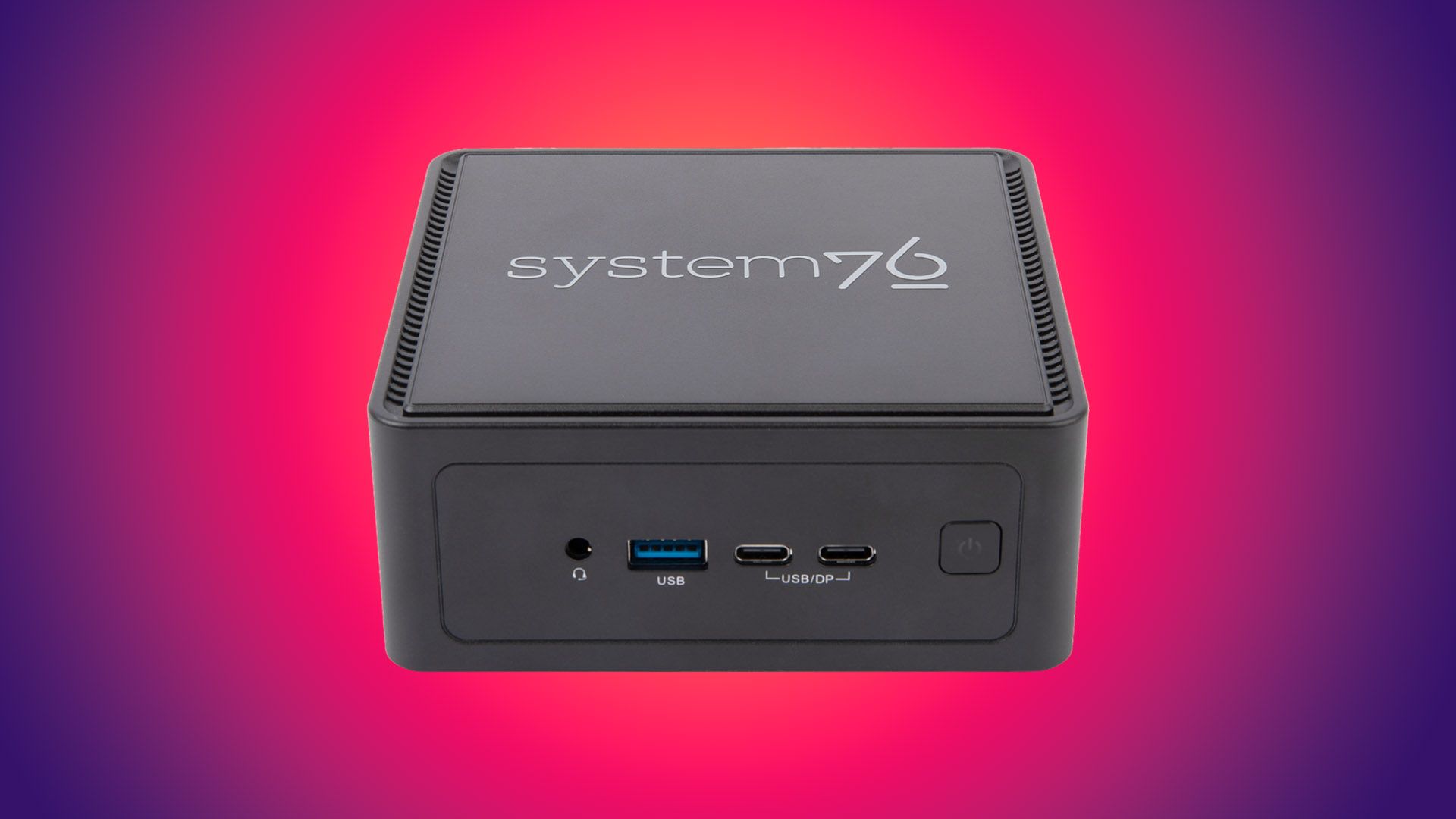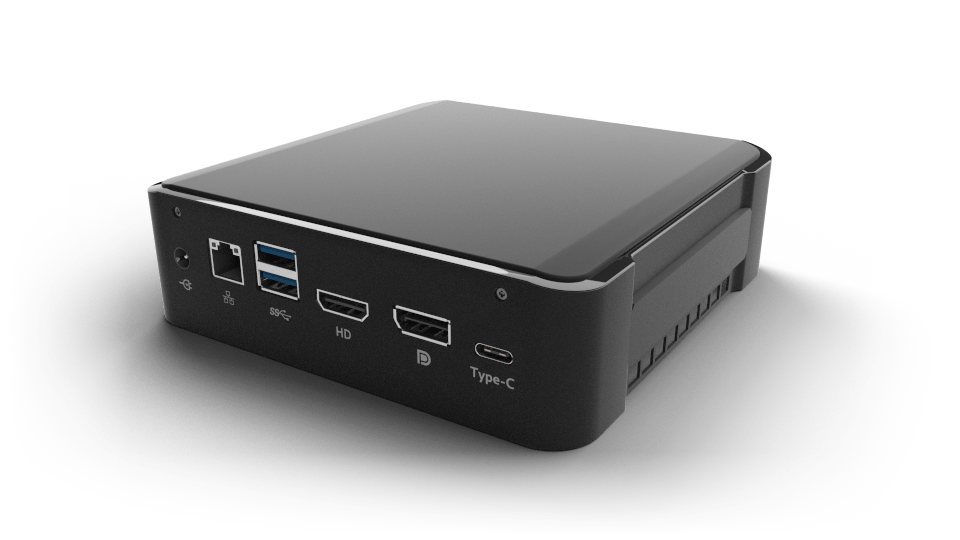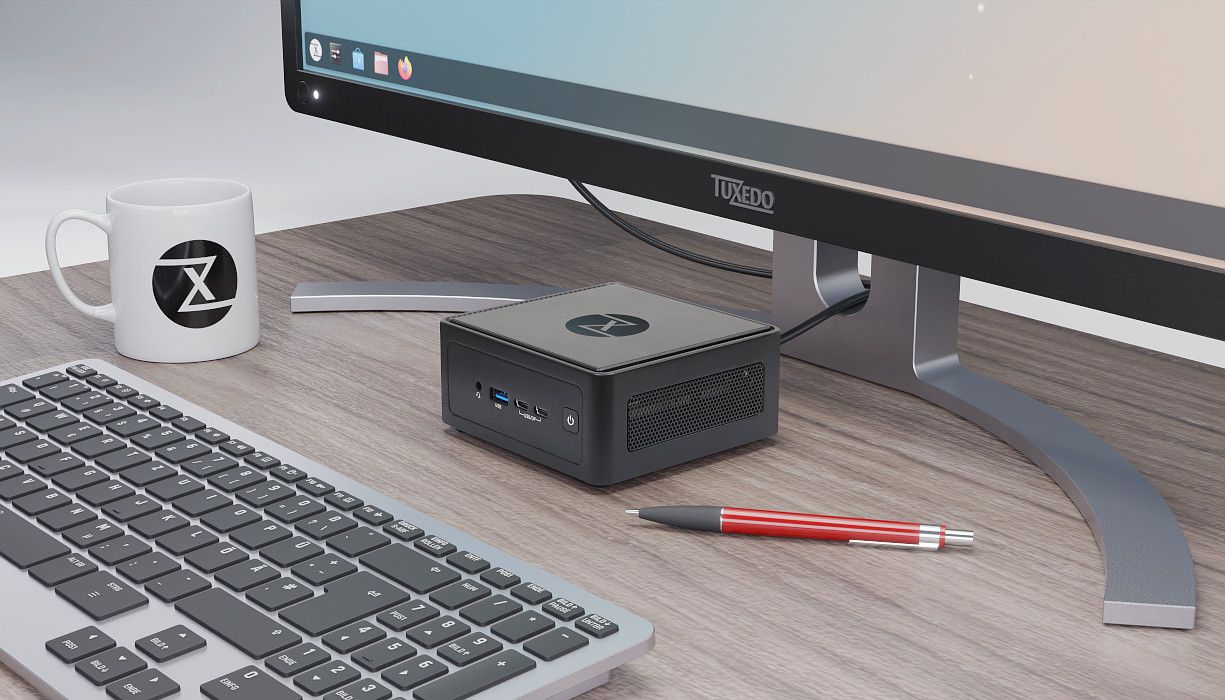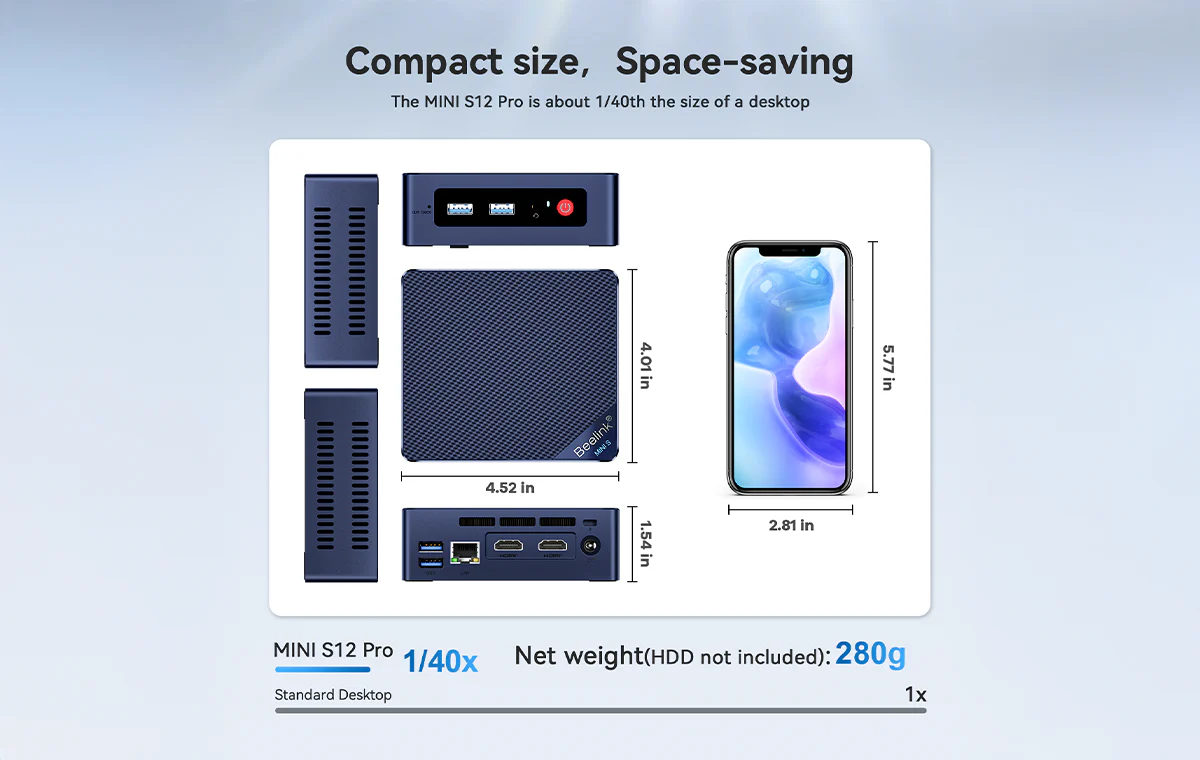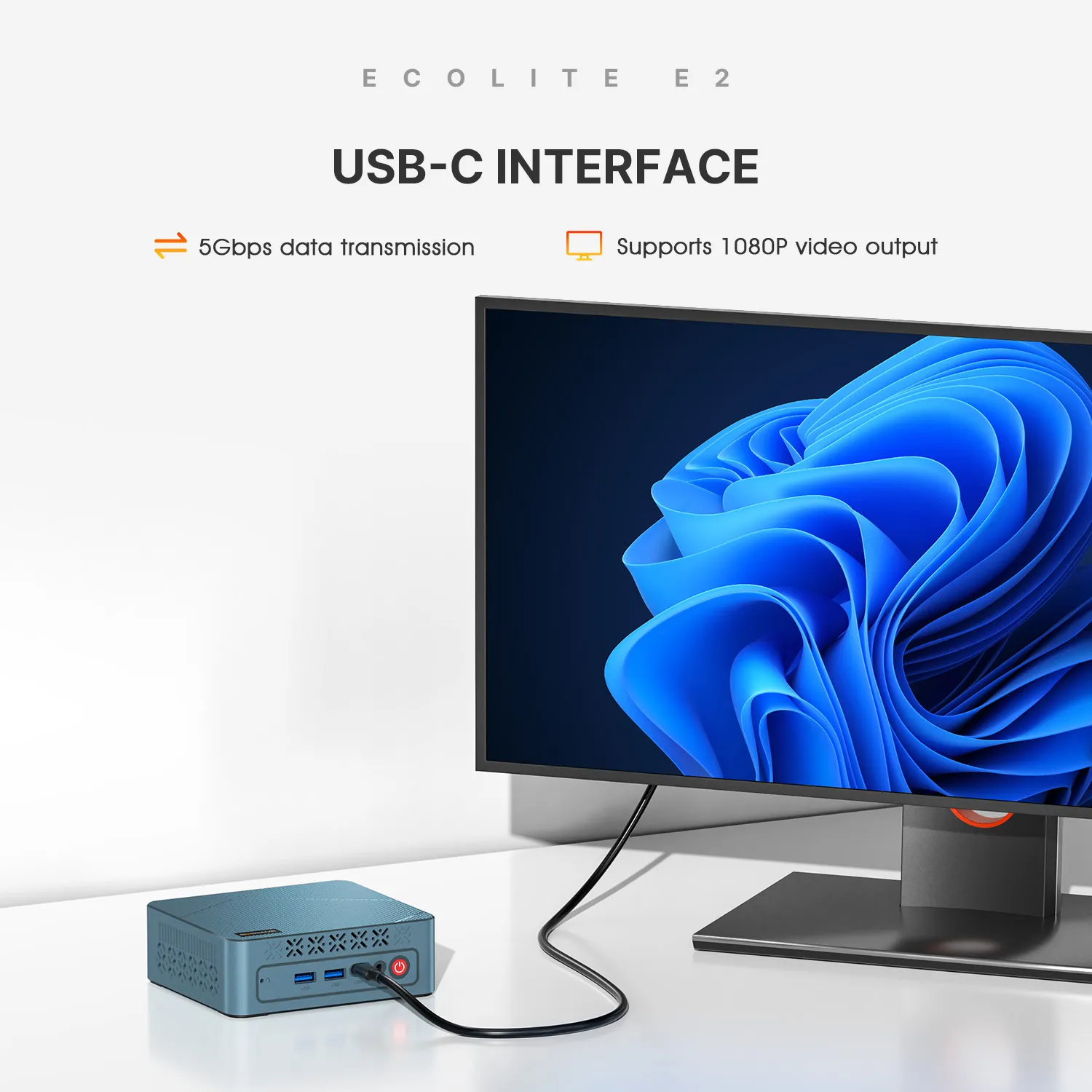Ready to ditch the setup headaches and jump straight into Linux? With a mini PC that has Linux preinstalled, you can skip the technical fuss and start exploring right away.
Think of a mini PC as a desktop computer that’s been shrunk down to about the size of a thick book. Despite their small size, they pack enough power for everyday computing tasks like web browsing, office work, and media streaming.
Whether you’re a newbie or a pro, these five mini PCs with Linux preinstalled will have you up and running in no time.
We haven’t reviewed all of these products ourselves, so do your due diligence in shopping. Read independent reviews and research manufacturer warranty and return policies before making a purchase.
System76 Meerkat
System76’s Meerkat is a tiny powerhouse, built specifically for Linux, that comes with your choice of two Linux distributions (often called “distros”—different versions of Linux with their own unique features): Pop!_OS or Ubuntu. Pop!_OS is System76’s own version of Linux, designed to be beginner-friendly.
The Meerkat offers impressive performance in a compact package, backed by System76’s excellent customer support. However, it’s on the pricier side, with a starting price of $799.
Purism Librem Mini
If privacy is your priority, the Librem Mini has you covered with its robust security features. It runs PureOS, a security-focused version of Linux, and comes with physical kill switches for your camera, microphone, Wi-Fi, and Bluetooth. These switches act like master power buttons for each component.
While the privacy features shine, the Intel Core i7-10510U processor (the computer’s brain that handles all calculations and tasks) is showing its age, and the integrated graphics (built-in hardware for handling visual tasks) aren’t great for anything beyond basic use.
PureOS is also quite strict about only using open-source software (programs whose code is freely available for anyone to view and modify), which might limit your options.

Related
What Is a Physical Kill Switch, and Does Your PC Need One?
A physical kill switch puts a hard barrier between your hardware and hackers.
TUXEDO Nano Pro Gen 13
The TUXEDO Nano Pro GEN 13 comes with modern AMD Ryzen processors and plenty of room for expansion. You can add up to 96GB of DDR5 RAM. DDR5 is the newest generation of RAM (Random Access Memory) technology that’s faster and more energy-efficient than previous generations. It also has two M.2 slots for SSD storage.
The main drawback? It’s not exactly budget-friendly, and since TUXEDO is based in Germany, shipping times to other countries can test your patience.
TUXEDO Computers has also developed its own Linux distro, TUXEDO_OS, a modified version of Ubuntu, to provide an operating system (OS) specifically optimized for its hardware. It features a customized Linux kernel (the core part of the OS that controls how hardware and software interact) designed to improve performance, power efficiency, and compatibility on their machines. This makes it a great choice if you want to have the most optimized experience on their hardware, knowing that your OS was made for your machine.
However, if you prefer a more widely supported Linux distro with a larger community and broader software compatibility, sticking with standard Ubuntu or another mainstream distro might be a better option.
Beelink Mini S12 Pro
The Beelink Mini S12 Pro proves you don’t need to break the bank for a capable Linux mini PC. It features an Intel Alder Lake N100 processor with 16GB of RAM and 500GB of storage on an SSD.
One nice feature is its ability to drive two 4K displays (ultra high-resolution screens) at the same time, perfect for multitasking or entertainment. To keep things cool, it uses a combination of a quiet fan and a heat pipe system (think of it like a tiny radiator that moves heat away from sensitive components). The whole thing measures just 115x102x39mm—about the size of a small book, and weighs only 280g, making it perfect for tight spaces.
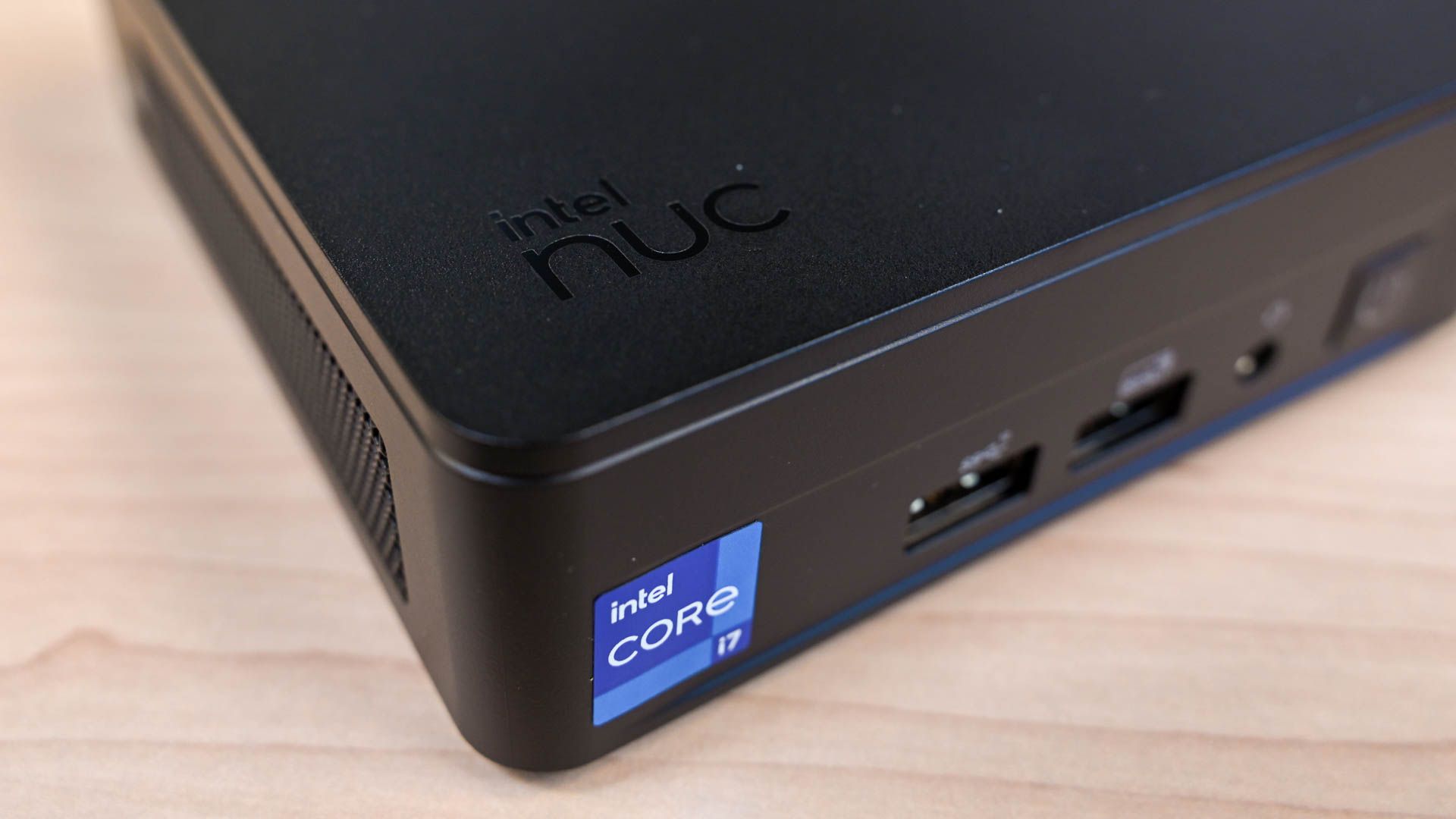
Related
Should You Replace Your Laptop With a Mini PC?
A mini PC could save you money and provide a more productive environment compared to a laptop.
Being a lesser-known brand comes with some trade-offs though. Linux support isn’t as polished as with more established names, and some users have reported Wi-Fi issues that require extra setup to resolve. While the build quality is decent, it reportedly doesn’t quite match the premium feel of pricier options.
BOSGAME E2
The BOSGAME E2 strikes a solid balance between features and affordability. It’s powered by an AMD Ryzen 5 3550H processor and comes with 16GB of RAM, paired with a 512GB NVMe SSD (a type of SSD that connects directly to the motherboard for even faster speeds). You can also connect up to three displays using its HDMI and USB-C ports. On top of that, it supports Wi-Fi 6E, giving you access to the 6 GHz band for faster speeds and less interference compared to older standards. It isn’t as cutting-edge as Wi-Fi 7, but it’s still new enough to future-proof you for a while.
However, the processor is a few generations old, meaning it might struggle with the most demanding tasks. Similar to some of the other mini PCs on this list, the BOSGAME E2 is a lesser-known brand, which means it also suffers from weaker customer support compared to more established names like System76. Additionally, its cooling fan can get quite noisy under heavy loads.
Choosing a Linux mini PC? Prioritize your needs. Love the compact size but unsure whether to choose a mini PC or a laptop? Find out which is right for you here. Also, consider which included Linux distro is right for you—Ubuntu suits beginners, while others may require more expertise,


